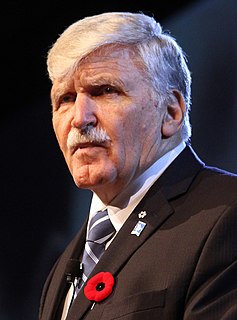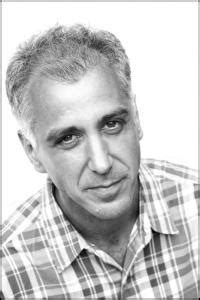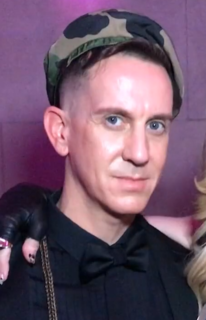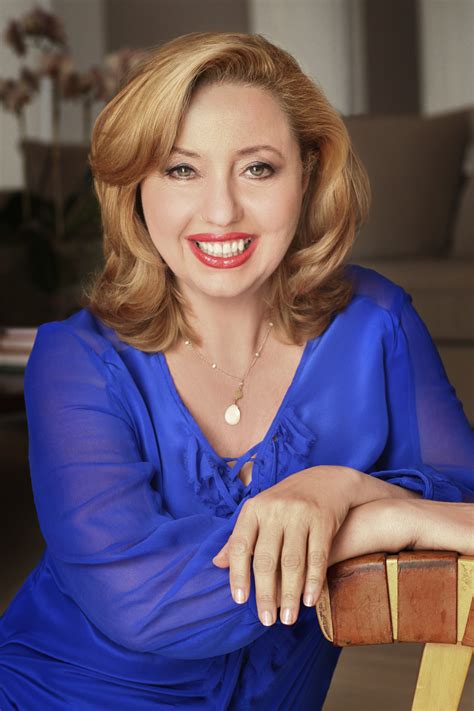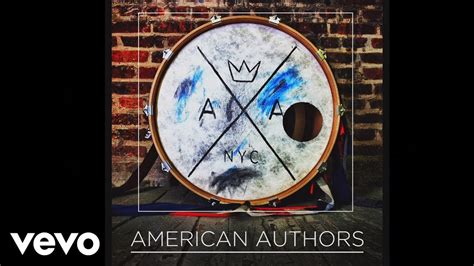A Quote by Ban Ki-moon
As I prepare for my second term as Secretary-General, I am thinking hard about how we can meet the expectations of the millions of people who see the U.N.'s blue flag as a banner of hope. We have to continue our life-saving work in peacekeeping, human rights, development and humanitarian relief.
Related Quotes
The UN was very media-shy, and its relationship with the press was very controlled; although periodically I spoke to the press, the rule was, only the secretary-general speaks to the press; only the secretary-general makes... So you would see many situations where under-secretaries-general would come in and speak. I opened that, and I encouraged all of them to speak in their areas, whether it was peacekeeping or humanitarian efforts.
If we human beings learn to see the intricacies that bind one part of a natural system to another and then to us, we will no longer argue about the importance of wilderness protection, or over the question of saving endangered species, or how human communities must base their economic futures - not on short-term exploitation - but on long-term, sustainable development.
I grew up in war and saw the United Nations help my country to recover and rebuild. That experience was a big part of what led me to pursue a career in public service. As Secretary-General, I am determined to see this organization deliver tangible, meaningful results that advance peace, development and human rights.
Often people who already had an interest in human rights work. What I did notice with all of them, even the people who professed to be interested in human rights, was that activism was somewhat a concept in their mind - a symbolic flag on the quad or something to show how many people were starving in the world. But once they saw their efforts connected to a person, I did see a change.
Where is the hope? I meet millions who tell me that they feel demoralized by the decay around us. Where is the hope? The hope that each of us have is not in who governs us, or what laws are passed, or what great things that we do as a nation. Our hope is in the power of God working through the hearts of people, and that’s where our hope is in this country; that’s where our hope is in life.
From the Balkans to Africa, from Asia to the Middle East, we have witnessed the weakening or absence of effective governance leading to the ravaging of human rights and the abandonment of longstanding humanitarian principles. We need competent and responsible states to meet the needs of "we the peoples" for whom the UN was created. And the world's peoples will not be fully served unless peace, development and human rights, the three pillars of the UN, are advanced together with equal vigour.
In a world where millions of human beings live in extreme poverty, die of malnutrition and lack medical care, where pandemics continue to kill, it is imperative to pursue good faith disarmament negotiations and to shift budgets away from weapons production, war-mongering, surveillance of private persons and devote available resources to address global challenges including humanitarian relief, environmental protection, climate change mitigation and adaptation, prevention of pandemics, and the development of a green economy.
I did it as first lady, I did it as a senator, I did it as secretary of state, and I know how hard it is. It's not something you do once or twice and then throw your hands up because it is grinding work. But it is necessary work. So I am really welcoming of the opportunity to meet with not only people who agree with me but those who don't to see what we can do to try to bridge the differences.
Development can indeed continue beyond childhood and youth, beyond the seventies. It can continue until the very end of life, given purposes that challenge and use our human abilities. . . . In sum, our development does not necessarily end at any age. We can continue to develop into our eighties, even to our nineties.
I still work that expectation/disappointment cycle all the time. I think it is part of the human nature and I think the most important thing is not to judge it. We are human and we do have expectations and a lot of our expectations are often not met. It is a process of learning how to be kind and compassionate and loving to ourselves when we don't get the things we want when people, circumstances, and opportunities don't match our expectations.




